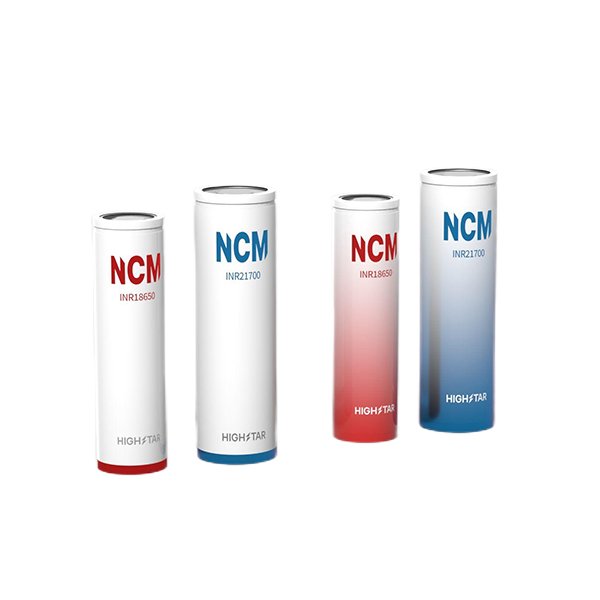Stainless steel is a popular material used in various industries, including kitchen appliances, automotive parts, and even architecture. Its sleek and modern appearance adds a touch of elegance to any setting. However, maintaining the pristine condition of stainless steel can be a challenge. With an overwhelming number of cleaning products available, it's crucial to identify the best cleaner for stainless steel. In this blog post, we will delve into the depths of stainless steel cleaning, exploring the most effective solutions to keep your stainless steel surfaces gleaming.
- Understanding the Unique Properties of Stainless Steel:
Before diving into the best cleaner options, it's essential to grasp the characteristics of stainless steel. Stainless steel is an alloy composed of iron, chromium, and other elements, which provides it with excellent corrosion resistance and durability. However, it is susceptible to scratches, fingerprints, and smudges, making regular cleaning a necessity. - The Importance of Choosing the Right Cleaner:
Using the wrong cleaner on stainless steel can lead to irreversible damage, leaving behind streaks, discoloration, or even corrosion. Therefore, it's crucial to select a cleaner specifically formulated for stainless steel surfaces. Avoid abrasive cleaners, bleach, ammonia, or any products containing chlorine, as they can harm the protective layer of stainless steel. - Top Recommendations for the Best Cleaner for Stainless Steel:
a) Vinegar Solution: A natural and cost-effective option, a vinegar solution can effectively remove fingerprints and smudges from stainless steel surfaces. Mix equal parts of white vinegar and water, apply it to a microfiber cloth, and gently wipe the surface. Remember to rinse thoroughly and dry afterward to prevent water spots.
b) Commercial Stainless Steel Cleaners: Several reputable brands offer specialized stainless steel cleaners. Look for products that are non-abrasive, non-toxic, and specifically designed for stainless steel. These cleaners often leave a protective coating, reducing the likelihood of future smudges and fingerprints.
c) Homemade Baking Soda Paste: Baking soda is a versatile cleaning agent that can work wonders on stainless steel. Create a paste by mixing baking soda with water until it forms a thick consistency. Apply the paste to a soft cloth and gently rub it onto the stainless steel surface in a circular motion. Rinse thoroughly and dry to reveal a polished shine.
- Best Practices for Stainless Steel Cleaning:
To ensure optimal results and maintain the longevity of your stainless steel surfaces, follow these additional tips:
- Always use a soft cloth or microfiber cloth to prevent scratches.
- Clean in the direction of the grain to avoid leaving streaks.
- Rinse thoroughly with clean water to remove any residue.
- Dry the surface completely to prevent water spots or mineral deposits.
Conclusion:
Maintaining the pristine condition of stainless steel surfaces requires the right knowledge and the best cleaner. By understanding the unique properties of stainless steel and choosing appropriate cleaning solutions, you can keep your stainless steel surfaces looking their best. Whether you opt for a vinegar solution, commercial stainless steel cleaners, or a homemade baking soda paste, following the best practices will ensure a gleaming and long-lasting shine. Embrace the secrets of stainless steel cleaning and unlock the true potential of this remarkable material.


